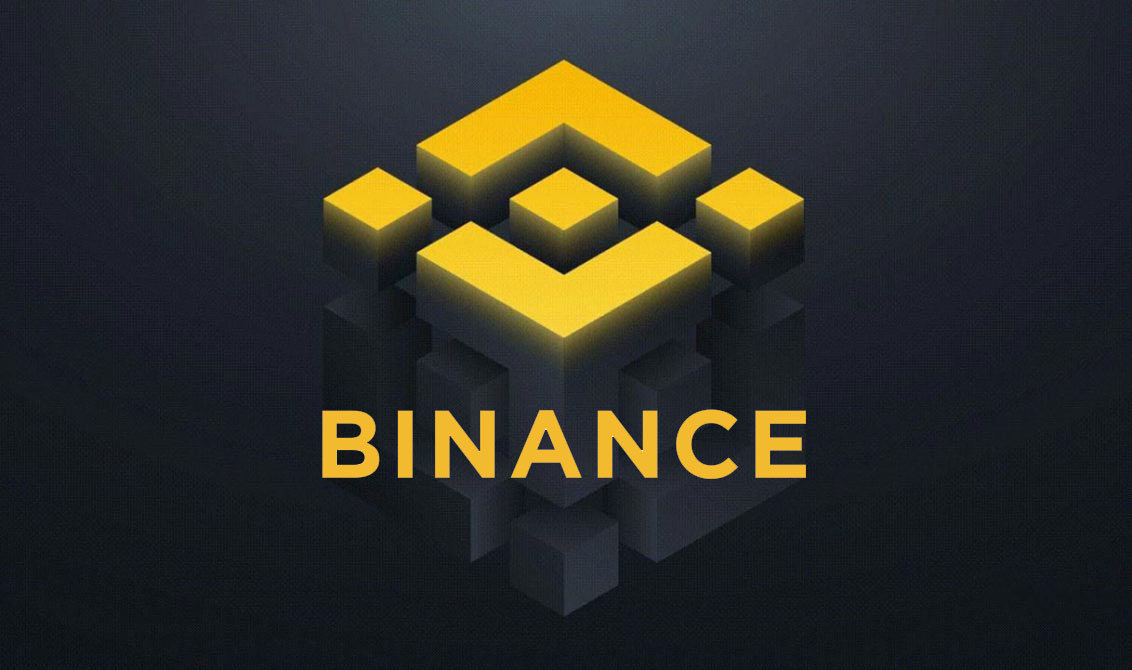Binance Faces Growing Scrutiny Over Potential Role in Hyperliquid Attack
27.03.2025 19:00 2 min. read Alexander Stefanov
Binance CEO Richard Teng recently doubled down on the company's dedication to transparency, security, and compliance.
However, the timing of this assertion has raised significant questions, as it coincides with rising suspicions that Binance might have been involved in an attack on Hyperliquid, a decentralized exchange viewed by some as a potential threat to centralized platforms like Binance. The crypto community has not missed the irony, with many pointing out the contrast between Teng’s statements and the ongoing controversy surrounding Binance.
The situation is complex and disturbing. The attack on Hyperliquid began with a calculated strategy by an unknown assailant who shorted JELLY futures while simultaneously purchasing large amounts of the meme coin on-chain, inflating its price artificially. This was followed by a strategic self-liquidation, which forced Hyperliquid’s liquidity provider to absorb a staggering $4.5 million loss.
As the price of JELLY continued to surge, a second wallet took a long position, securing substantial profits while Hyperliquid struggled to manage its exposure. In total, the exchange ended up losing over $10 million.
The controversy deepened when blockchain analysis traced the funds used in the attack to OKX and Binance. This has led to speculations that centralized exchanges may have orchestrated the attack to destabilize Hyperliquid.
These theories gained more momentum when both exchanges announced the listing of JELLY perpetual futures around the same time the attack unfolded, further fueling concerns about the involvement of larger platforms. This backdrop of suspicion casts a shadow over Teng’s claims of compliance and transparency at Binance, leaving many to question the company’s true role in the unfolding drama.
-
1
FTX Pushes to Dismiss Billion-Dollar Claim from 3AC
23.06.2025 15:00 1 min. read -
2
BIS Slams Stablecoins, Calls Them Ill-Suited for Modern Monetary Systems
26.06.2025 9:00 1 min. read -
3
ARK Invest Cashes In on Circle Rally as Stock Soars Past $60B Valuation
24.06.2025 19:00 1 min. read -
4
FTX Pushes Back Against $1.5B Claim From Defunct Hedge Fund 3AC
23.06.2025 11:00 1 min. read -
5
Trump’s ‘Big, Beautiful Bill’ Approved: What It Means for Crypto Markets
04.07.2025 7:00 3 min. read
Coinbase Strengthens DeFi Push With Opyn Leadership Acquisition
Coinbase has taken a major step toward expanding its decentralized finance (DeFi) presence by bringing onboard the leadership team behind Opyn Markets, a prominent name in the DeFi derivatives space.
Grayscale Urges SEC to Allow Multi-Crypto ETF to Proceed
Grayscale Investments has called on the U.S. Securities and Exchange Commission (SEC) to allow the launch of its multi-crypto ETF—the Grayscale Digital Large Cap Fund—arguing that further delays violate statutory deadlines and harm investors.
Robinhood Launches Ethereum and Solana Staking for U.S. Users
Robinhood has officially introduced Ethereum (ETH) and Solana (SOL) staking services for its U.S. customers, offering a new way for users to earn rewards on their crypto holdings.
Binance CEO Reveals What’s Fueling the Next Global Crypto Boom
Binance CEO Richard Teng shared an optimistic outlook on the future of cryptocurrencies during an appearance on Mornings with Maria, highlighting growing global acceptance, regulatory progress, and strategic reserve integration.
-
1
FTX Pushes to Dismiss Billion-Dollar Claim from 3AC
23.06.2025 15:00 1 min. read -
2
BIS Slams Stablecoins, Calls Them Ill-Suited for Modern Monetary Systems
26.06.2025 9:00 1 min. read -
3
ARK Invest Cashes In on Circle Rally as Stock Soars Past $60B Valuation
24.06.2025 19:00 1 min. read -
4
FTX Pushes Back Against $1.5B Claim From Defunct Hedge Fund 3AC
23.06.2025 11:00 1 min. read -
5
Trump’s ‘Big, Beautiful Bill’ Approved: What It Means for Crypto Markets
04.07.2025 7:00 3 min. read


